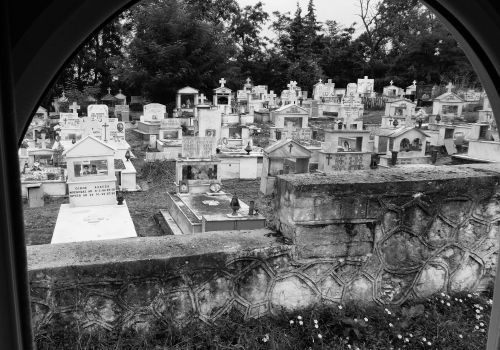The family of "zombie companies"
Describing companies as "zombies", i.e. as already dead on the one hand, but still "alive" on the other, derives from zombie movies from the end of the 1960s onwards. The image of the "undead" (often also man-eating), which is actually already dead but still "moving" and causing mischief, is mostly used in connection with externally financed enterprises, which would not (no longer) be able to survive on their own. In centrally controlled economies, this is not uncommon; in market-oriented societies, it is often linked to crises or rapidly changing conditions. For various reasons, companies are kept alive even though their independent existence is temporarily or fundamentally no longer possible.
Whether this approach is stabilizing and promising for the future, or rather harmful for an economy that is intent on progress, is left to the readers to discuss.
In today's view, the term zombie company is predominantly seen in connection with "financial death", i.e. in relation to purely economic key figures that describe financial survival, or indeed corporate death. These financial zombies become the very "undead" from their movie originals due to bailouts, subsidies, loans, etc. with financial resources.
However, the so-called process zombies can be distinguished as a far more interesting member of the zombie family. At a much earlier stage than with their brothers, often years earlier, inefficient, sick and resource-eating processes can be observed here. If these are not analyzed and adjusted at an early stage, this means the beginning of a creeping death, often years before the financial data finally force action.
The stage of process zombies usually precedes that of a financial zombie by a long way, but is hardly ever dealt with in time. Attentive external observers, but also involved employees, recognize the inadequacies in internal processes at an early stage, which can then expand over time to have serious effects on the entire company. Unfortunately, this phase remains hidden from most executives and company leaders because the numbers are still right, the employees are not sufficiently integrated and no money is spent on consultants. After all, you have a "great product" that is still well accepted on the market, you are sitting in a niche with few competitors, you have done everything right in the past, in short, there are many reasons why an early adjustment of the process landscape is postponed in day-to-day business.
When looking at corporate zombies, one must perhaps exclude those companies that have a public social task and cannot or should not support themselves financially. Nevertheless, the topic of process efficiency should be brought into focus more strongly here, because after all, the general public also pays the bill for waste and inefficient processes (unfortunately, mostly with endless credit).
Anyone who recognizes the early signs of a process zombie will certainly be able to set up his company in a stable and sustainable manner in the long term and will not have to deal with restructuring measures and insolvencies later on. Lenders and financiers may also internalize the concept of the process zombie, then there would perhaps be fewer long faces and justifications on the boardrooms later.
Lean Komplett, Bernd Kühme, Feb 2021



